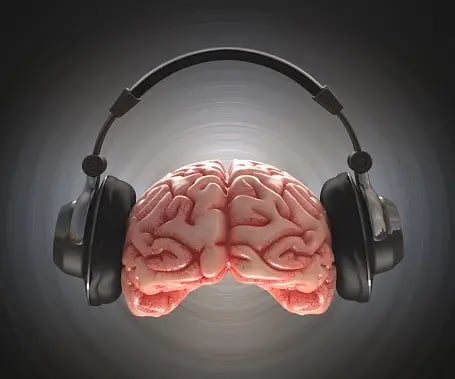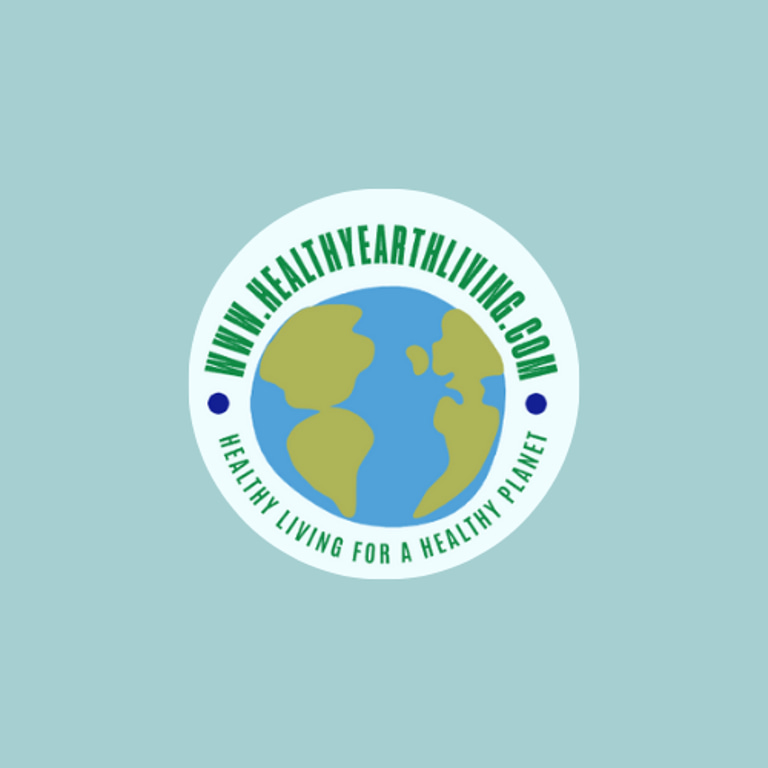How Music Therapy Can Soothe the Savage Beast: Unlocking the Soothing Power of Music
Music therapy is gaining popularity as a holistic approach to mental health and well-being, with more people recognizing its benefits in reducing stress, anxiety, and depression. As research continues to validate its effectiveness, music therapy is being integrated into various therapeutic settings, including hospitals, schools, and private practices.
HOMEMINDBODY
Janelle Salo RN
7/26/20245 min read


The increasing popularity of music therapy
I grew up during the MTV era, so music has always been a significant part of my life, whether during celebrations, times of grief, or even anger. My house has always been filled with music either from my TV, my music app or just picking up my ukulele, I’ve used music to help calm my brain during times of stress, sleep, cleaning my house, or even while writing blogs!
Music therapy is gaining popularity as a holistic approach to mental health and well-being, with more people recognizing its benefits in reducing stress, anxiety, and depression. As research continues to validate its effectiveness, music therapy is being integrated into various therapeutic settings, including hospitals, schools, and private practices.


What is Music Therapy?
Music therapy is a clinical and evidence-based practice that uses music interventions to accomplish individualized goals within a therapeutic relationship. (1) It involves a trained music therapist who uses music to promote physical, emotional, cognitive, and social well-being in clients.
Types of Music Therapy: Active and Receptive
Active music therapy involves clients actively engaging in music-making activities such as playing instruments, singing, or composing music, which helps them express themselves and release emotional tension. (2)
Receptive music therapy, on the other hand, involves listening to music the therapist selects to enhance relaxation, reflection, and mental imagery. (3)
How Music Therapy Sessions are Conducted
Music therapy sessions typically begin with assessing the client's needs and preferences, followed by implementing tailored music interventions to address specific therapeutic goals. Sessions may include improvisation, songwriting, listening, and discussing music, with the therapist providing guidance and support.
The Science Behind Music Therapy
Overview of How Music Affects the Brain
Music engages multiple brain areas, including those responsible for emotion, memory, and motor control, by stimulating neural connections and enhancing brain plasticity. Listening to music can release neurotransmitters like dopamine and endorphins, which contribute to feelings of pleasure and well-being. (4)
Explanation of the Neurological Impact of Music Therapy
Music therapy can facilitate neuroplasticity, (5) the brain's ability to reorganize and form new neural connections, which is beneficial for rehabilitation in conditions such as stroke or traumatic brain injury. It also modulates the brain's stress response, reducing cortisol levels and promoting relaxation and emotional regulation.
Studies and Research Supporting Music Therapy for Mental Health
Numerous studies have demonstrated that music therapy can significantly reduce symptoms of depression, anxiety, and PTSD, (6) improving overall mental health and quality of life. Research also shows that music therapy can enhance cognitive function and social interaction in individuals with autism, dementia, and other neurological disorders. (7)
I once used music therapy in the home setting on an 84-year-old woman with Alzheimer's Dementia. The patient had been a former dancer in her younger years, and I played one of her favorite songs from the 1930s from my YouTube music app on my cellphone. She started singing and dancing to the song, something her husband later told me she had not done in years.


Music Therapy for Mental Health
Benefits of music therapy for anxiety and depression
Music therapy has been shown to lower levels of anxiety and depression by providing a non-verbal outlet for expression and reducing stress hormone levels in the body. (8) Engaging in musical activities can also distract from negative thoughts and promote a sense of control and relaxation.
Enhancement of Mood and Emotional Well-Being
Listening to or creating music can elevate mood by increasing the release of dopamine and other feel-good neurotransmitters in the brain. (9) Music therapy can improve emotional well-being by helping individuals process and express complex emotions, enhancing self-awareness and resilience.


Music therapy for stress relief and relaxation
Music therapy employs various techniques, such as guided imagery and progressive relaxation with music, to help individuals achieve a state of deep relaxation and reduce stress. These techniques can lower heart rate, blood pressure, and cortisol levels, promoting a sense of calm and well-being. (10)


Improvement in Sleep Quality
Music therapy can improve sleep quality by using soothing music to create a relaxing bedtime routine. This helps signal the body that it is time to wind down and sleep. Studies have shown that listening to calming music before bed can increase the duration and quality of sleep (11), especially in individuals with insomnia or sleep disorders.
Music therapy for cognitive and emotional health
Music therapy can enhance cognitive functions such as memory and focus by stimulating brain areas involved in attention and recall. Participating in music-making activities, like playing instruments or singing, has improved working memory and cognitive flexibility. (12)
Emotional Expression and Processing
Music therapy provides a safe and structured environment for individuals to explore and express their emotions through musical activities. This process helps identify, understand, and process complex emotions, leading to improved emotional regulation and mental health.
Bottom Line
Music therapy offers numerous benefits for mental health, including reducing symptoms of anxiety and depression, improving sleep quality, and enhancing cognitive functions like memory and focus. Additionally, it provides a valuable outlet for emotional expression and processing, contributing to overall emotional well-being.
So, whatever your jam is, consider exploring music therapy as a holistic approach to mental health, whether through simple activities at home or sessions with a certified music therapist. Embracing music therapy can lead to meaningful improvements in your mental health and quality of life.










Easy music therapy techniques for beginners
Engage in activities like:
playing an instrument
singing your favorite songs
creating a playlist of calming music to listen to during stressful moments
Other simple practices include:
guided music meditations
journaling your feelings while listening to music
improvising rhythms with household objects
Creating a Personalized Music Therapy Plan
Start by identifying your specific goals, such as:
reducing anxiety
improving mood
enhancing focus
Select music activities that align with these objectives. Incorporate regular sessions into your routine, track your progress, and adjust the plan as needed to ensure it continues to meet your therapeutic needs.


Best music therapy apps and resources
Apps like Relax Melodies, Calm, and Insight Timer offer guided music meditations, relaxing soundscapes, and personalized playlists designed to reduce stress and enhance well-being. Online platforms such as the American Music Therapy Association (AMTA) website provide educational resources, research articles, and virtual music therapy sessions.


Finding a Certified Music Therapist
You can locate a certified music therapist through professional organizations like the AMTA, which offers an online directory of qualified practitioners in your area. Additionally, contacting local hospitals, mental health clinics, or wellness centers can help you find reputable music therapists who meet your specific needs.


© 2025 Salo Content Writing LLC, all rights reserved
Join the Movement for a Healthier Planet! 🌿
Subscribe now and get your FREE Sustainable Living Checklist! Plus, enjoy weekly articles and delicious plant-based recipes straight to your inbox. Let’s make sustainable living simple and inspiring, one email at a time! 💚✨
